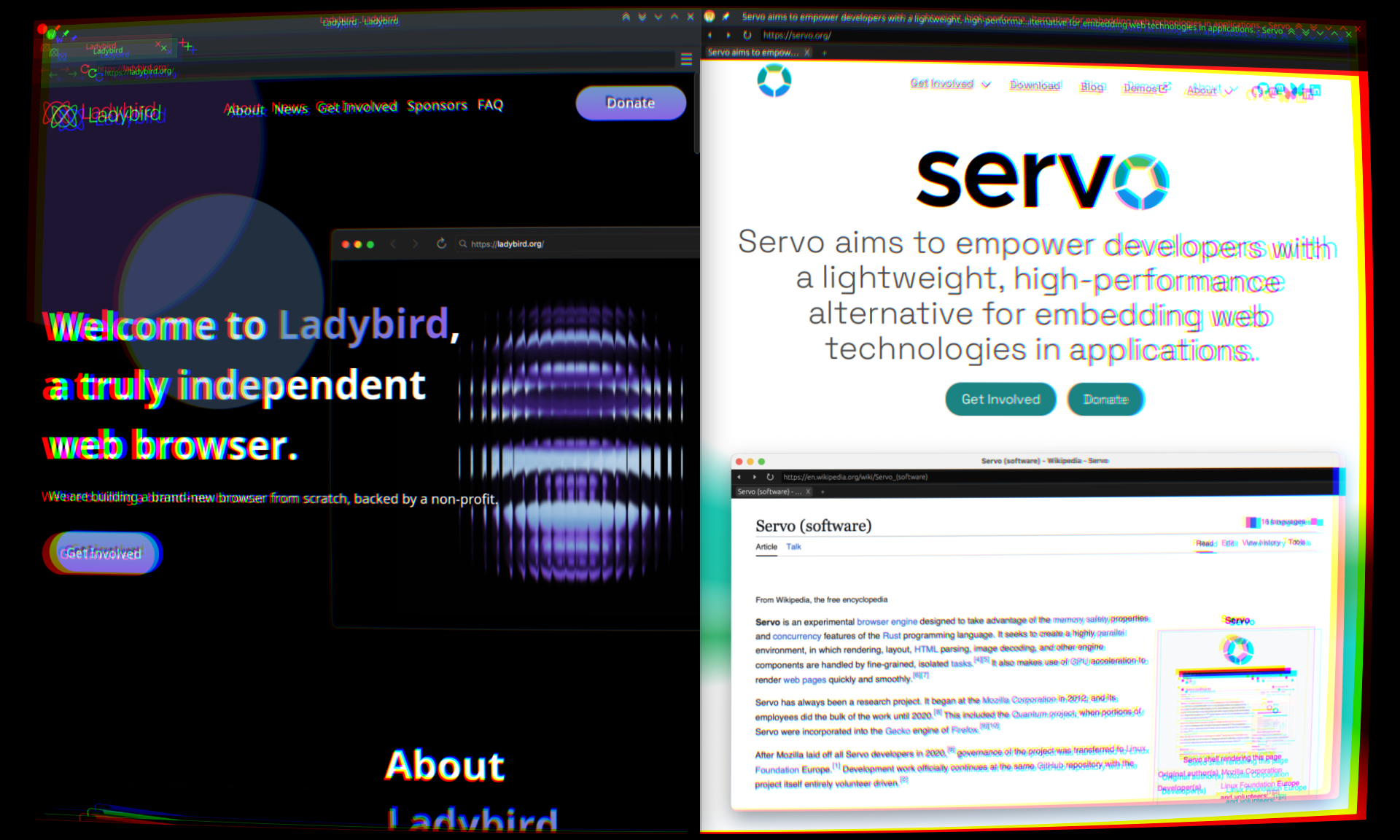One Million-Year-Old Face Fossil Rewrites Early European History
A newly discovered one-million-year-old human facial fragment, nicknamed 'Pink,' represents the oldest known face in Western Europe. Found at the Atapuerca archaeological site in Spain and detailed in *Nature*, the discovery confirms the presence of at least two human species in the region during the early Pleistocene. Advanced 3D imaging and analysis, alongside traditional techniques, were used to study the fossil, tentatively classified as *H. aff. erectus*. The site also yielded stone tools and butchered animal remains, indicating sophisticated resource management by early Europeans. This remarkable find significantly enhances our understanding of Europe's earliest inhabitants and raises intriguing questions about hominin diversity in the Pleistocene.
Read more


















.png)